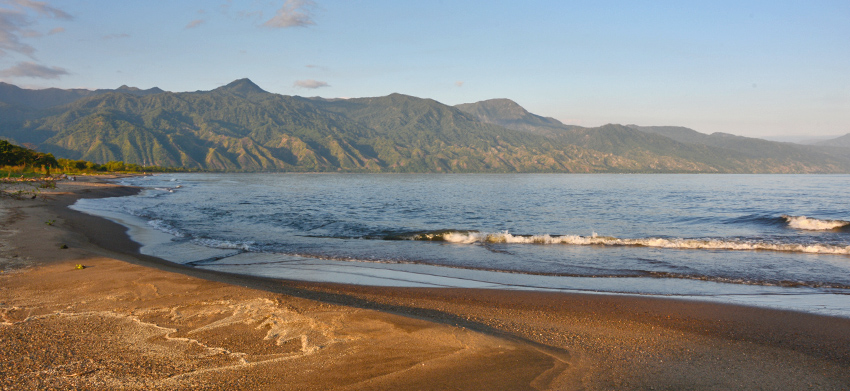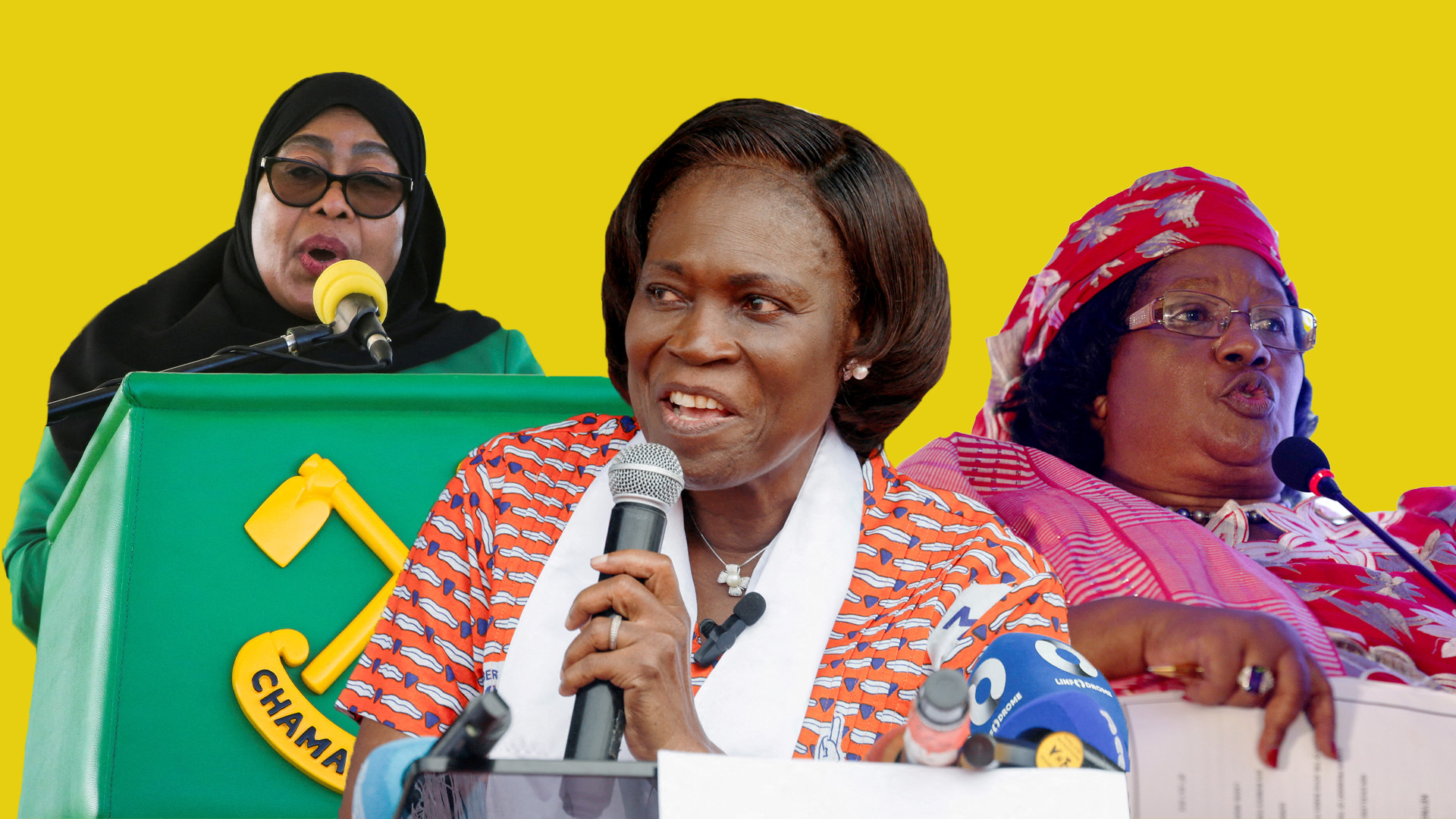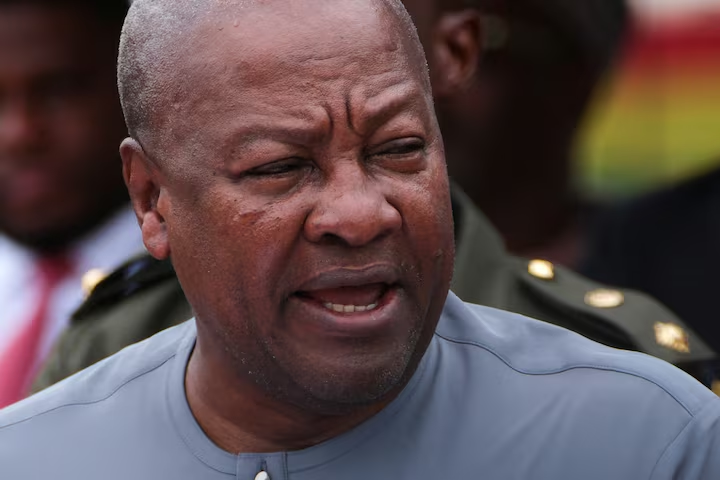
Malawi considering taking Tanzania to the ICC due to Lake Malawi dispute

The dispute over Lake Malawi between Malawi and Tanzania has reached a new high after Malawi threatened to take the matter to the International Criminal Court, reports the East African.
Malawi’s Foreign Minister Francis Kasaila said that his country is preparing to take Tanzania to the Hague based court.
Lilongwe has accused Dar es Salaam of sabotaging dialogue after the Tanzanian government called for the mediation talks to be postponed in order to focus on hosting South African President Jacob Zuma.
“We ask for postponement because we would not be able to attend the mediation on the same dates that we had planned another meeting in Dar es Salaam… but we are ready to convene any time the meeting is called,” Tanzanian Permanent Secretary for Foreign Affairs Dr Aziz Mlima told The EastAfrican.
The High Level Mediation Meeting (HLMT) was scheduled for Johannesburg on May 8th and 9th before Tanzania asked for postponement.
Dr Mlima said the SADC-brokered mediation meeting led by Mozambican former President Joachim Chisano has not failed to mediate and called on Malawi to give room for the wisdom of the mediation team to prevail before embarking on court action.
Lake Malawi also known as Lake Nyasa, has been a bone of contention after Malawi claimed that the border boundary with Tanzania is on the shoreline of the lake as established by Article 1(2) of the 1890 Anglo-German Treaty, hence the lake belongs to Malawi. While Tanzania says the boundary is the median line of the lake based on principles of customary international law; a principle used in sharing of lakes Tanganyika and Victoria.
Both countries have different maps that show either the whole of the lake in Malawi or a Tanzania’s version which puts the boundary in the midst of the lake.
The first mediation talks between the countries were held in Maputo, Mozambique, from 20th to 21st March, 2014, where Malawi and Tanzania submitted their respective positions.
The Lake dispute goes back to the 1960s but has taken a new turn recently amid news that Malawi awarded licenses to various companies to search for oil and gas on the lake.






